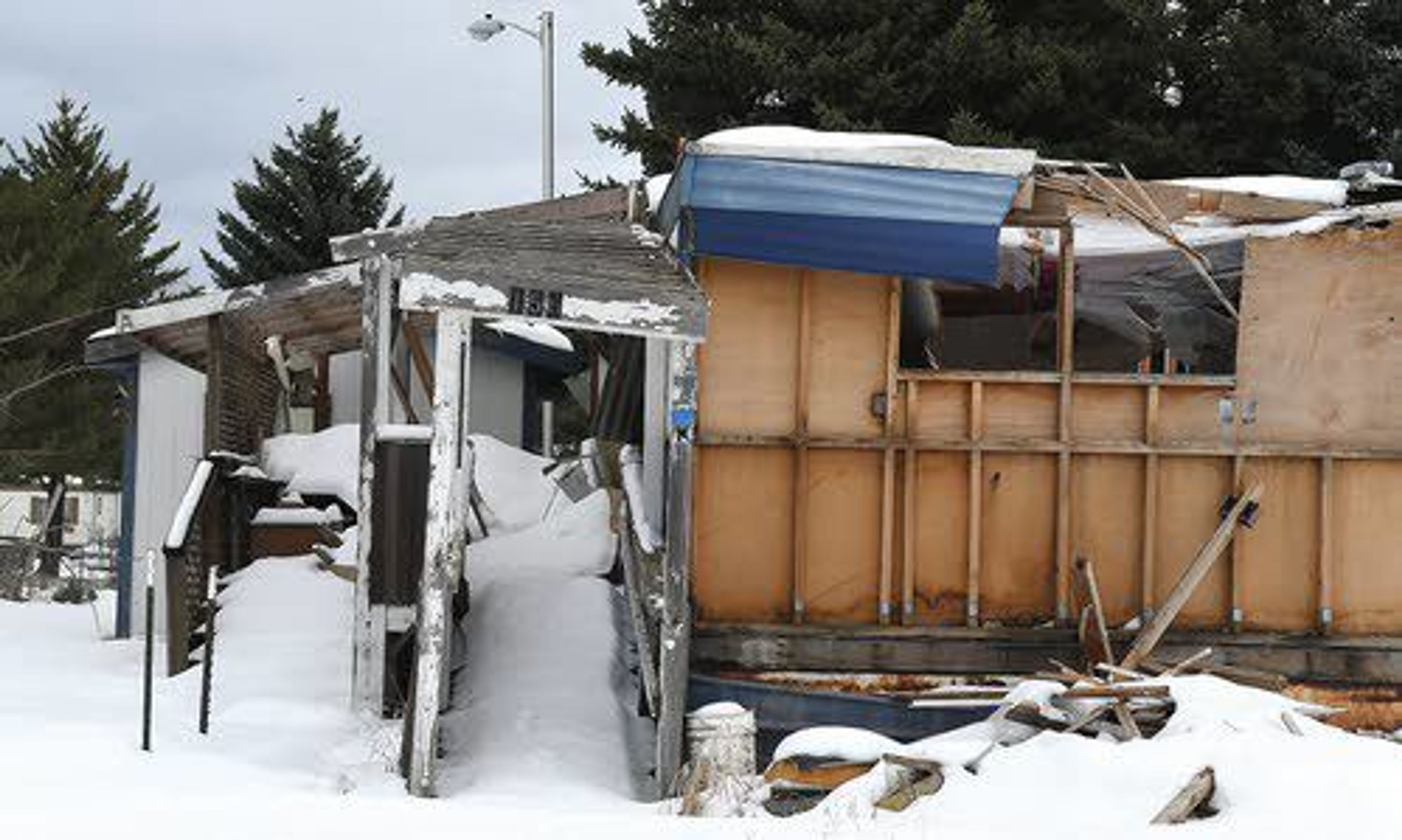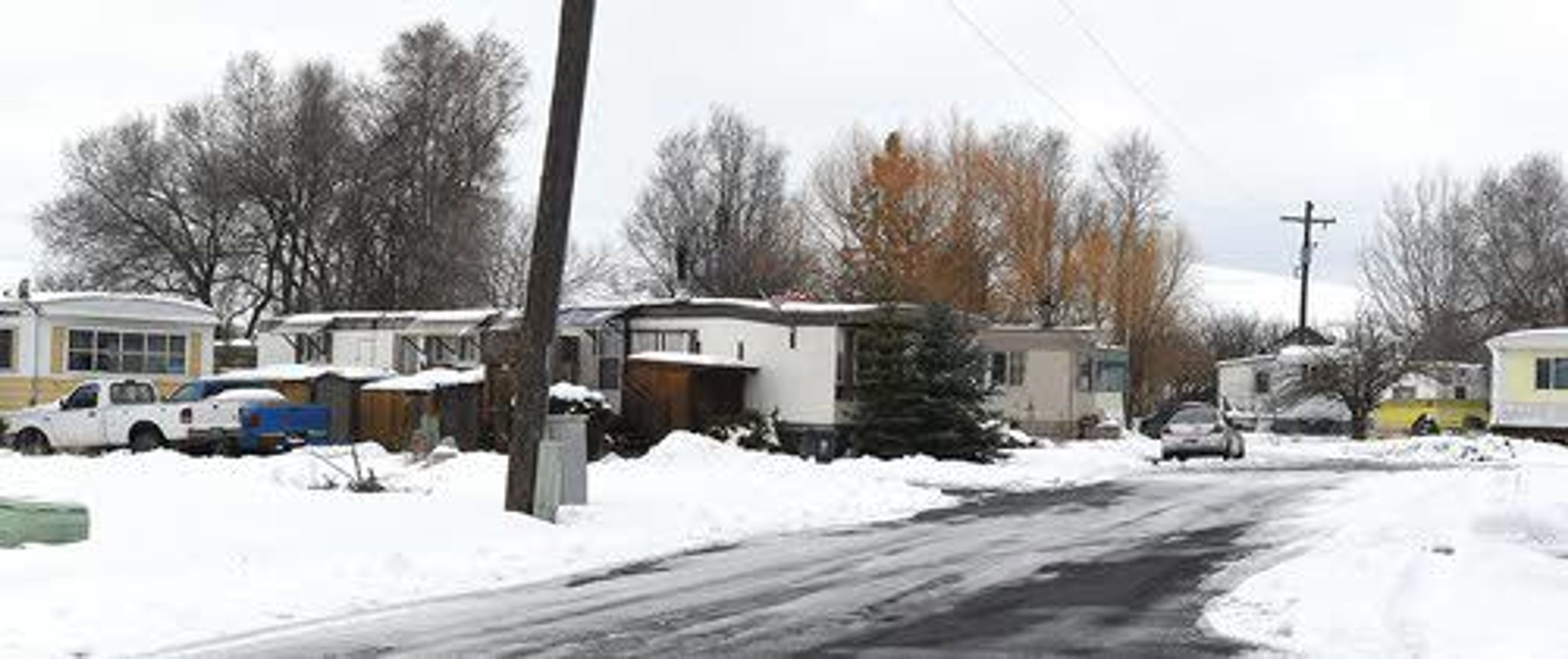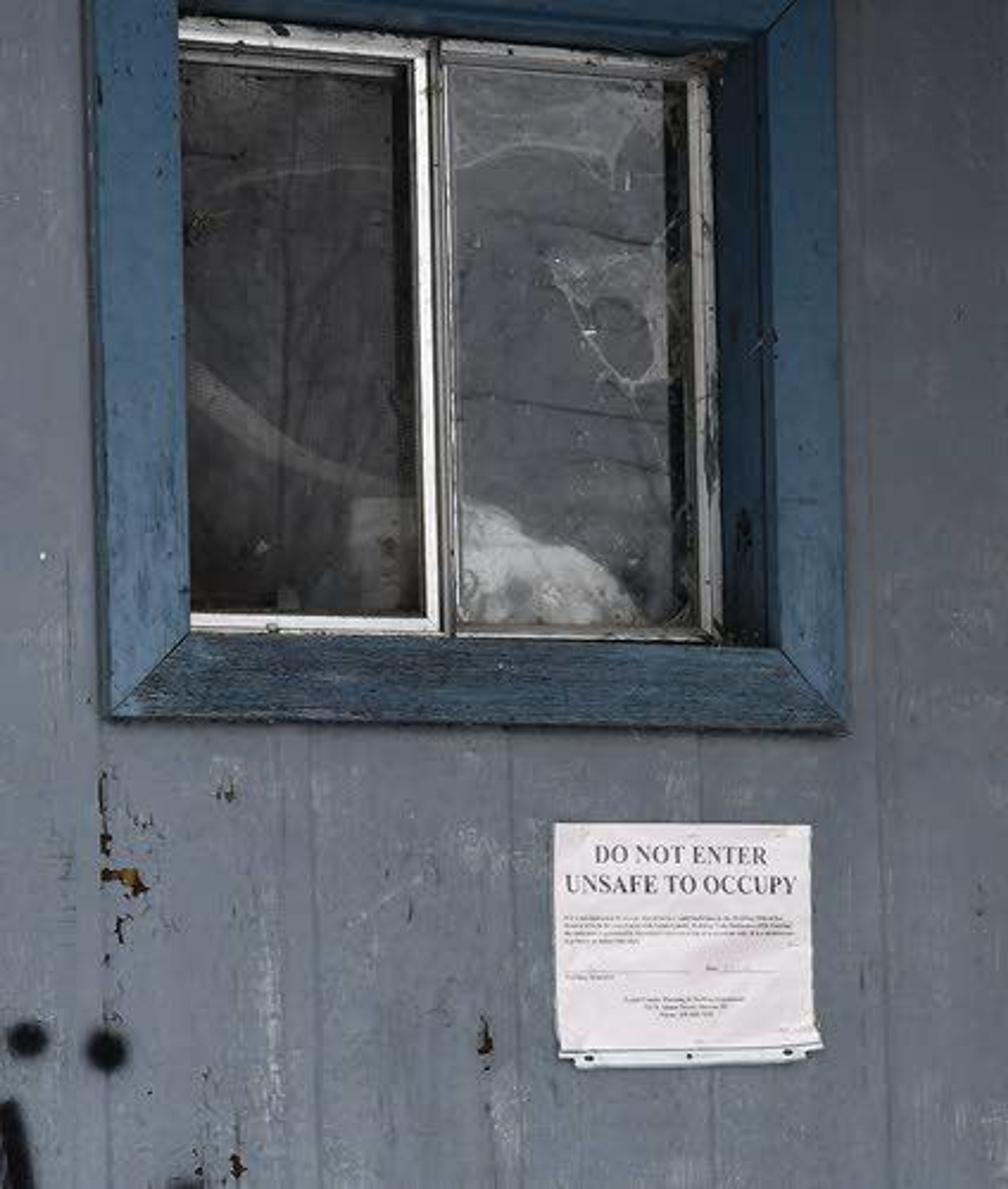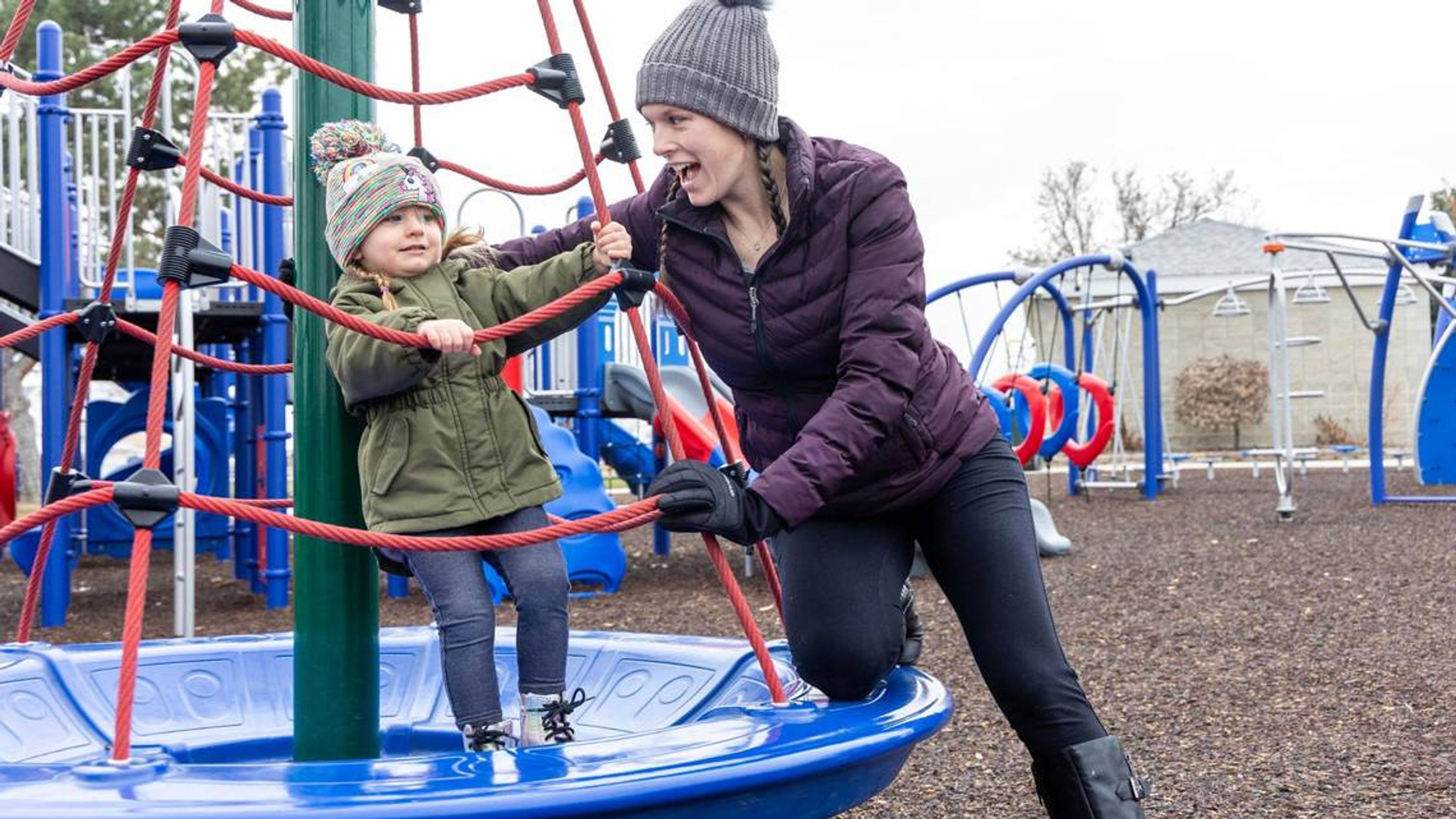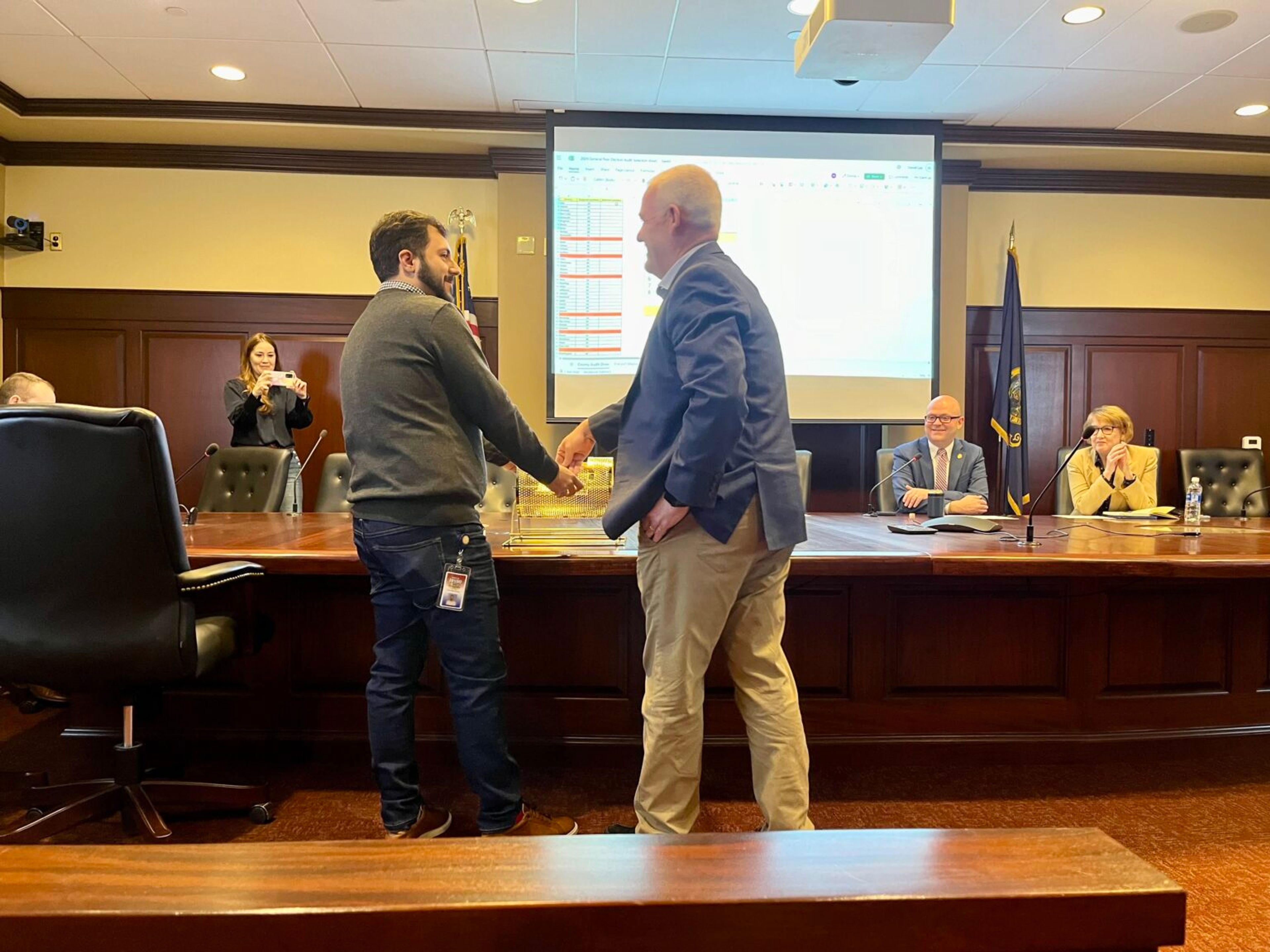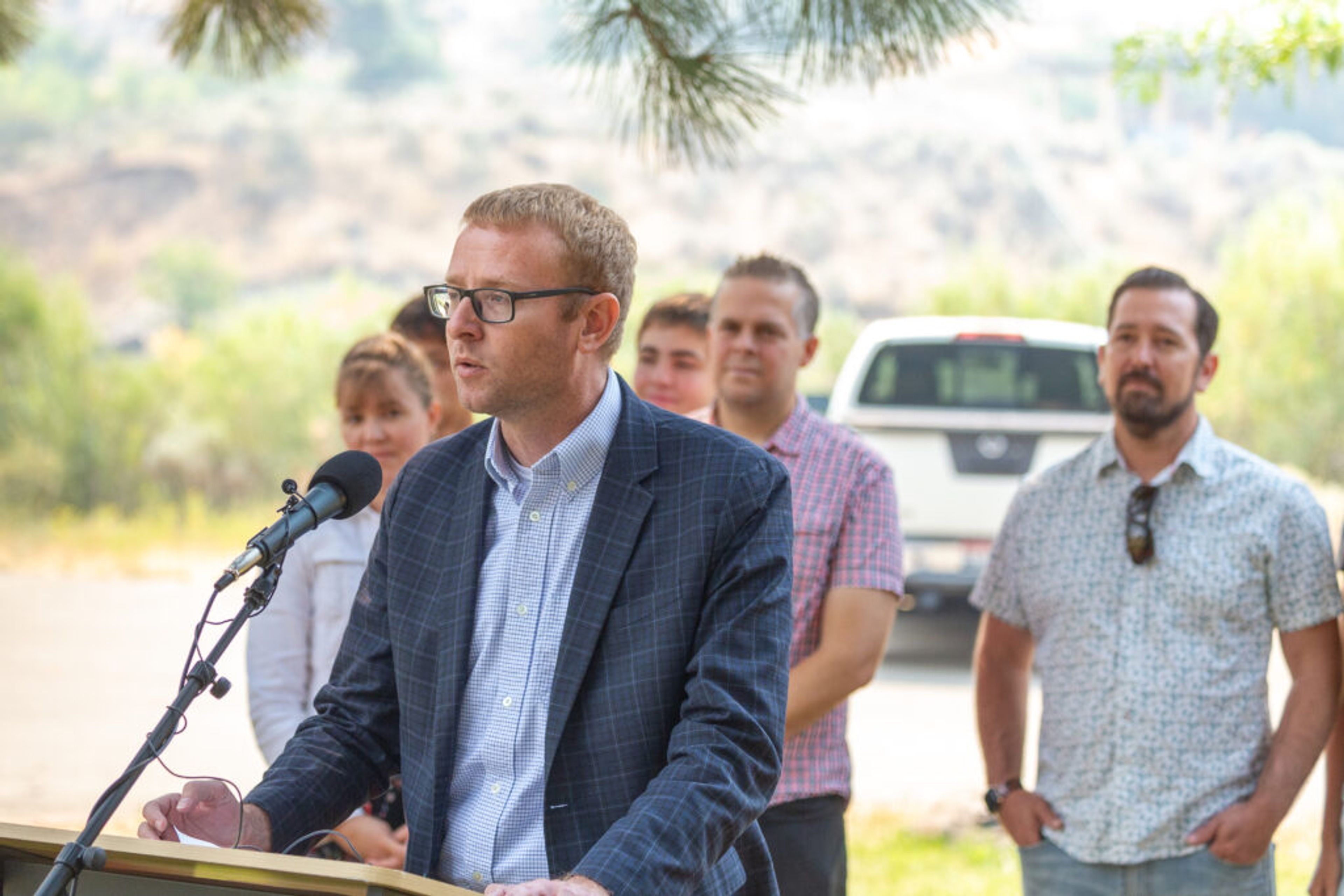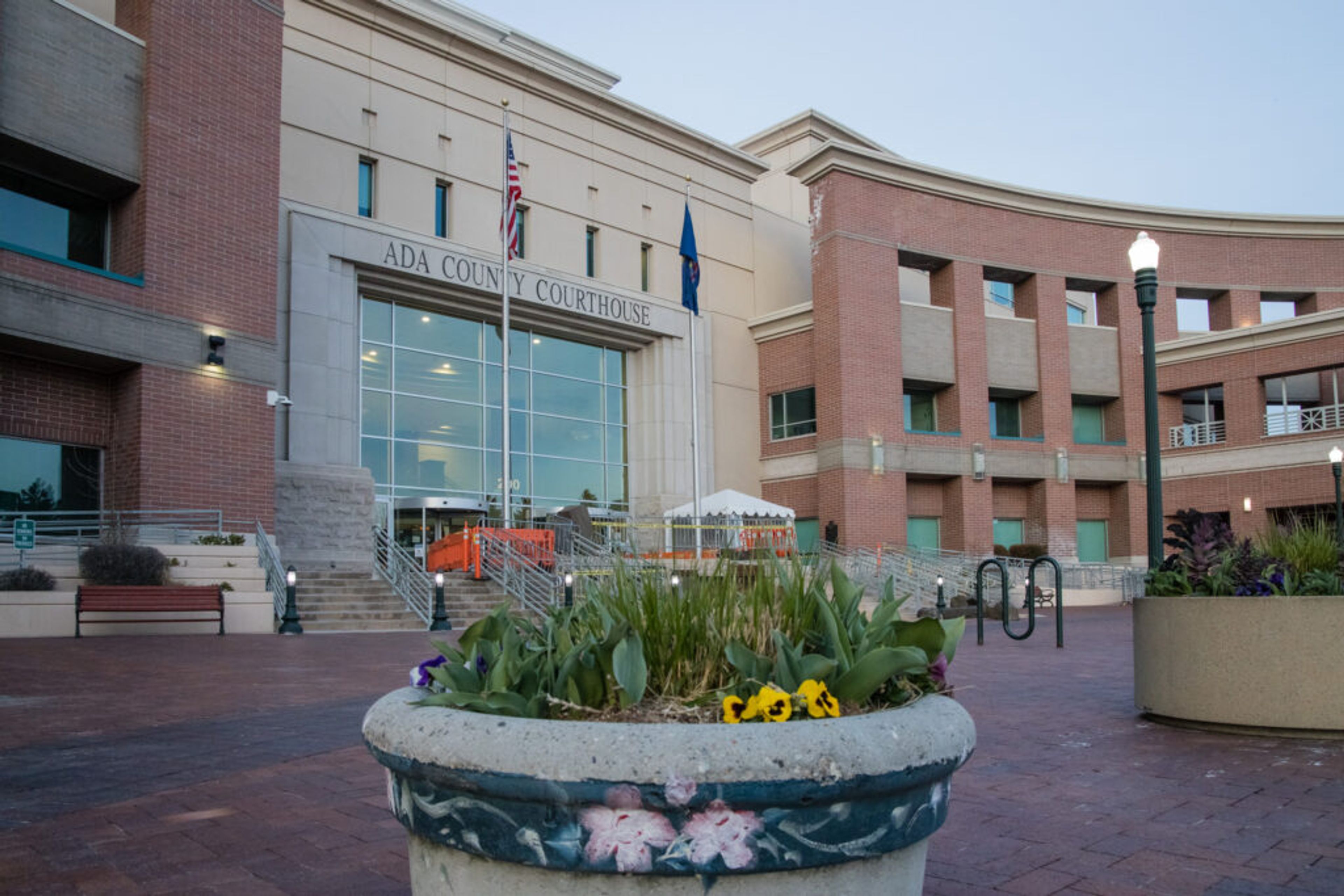Searching for somewhere to go
Syringa Mobile Home Park to close; residents face challenges trying to find new places to live
MOSCOW - The Syringa Mobile Home Park will close June 5, and the future of those residing in the park - and of the property itself - is largely unknown.
For years the park - located on Robinson Park Road about 3 miles outside of Moscow - has been plagued with problems stemming from its failing water and sewer systems. At times, there have been sewage backups, unaddressed raw sewage throughout the park, water contaminated with coliform bacteria and lead, or no potable water at all.
A class-action suit was filed in 2014 against the park's owner, Magar E. Magar, after residents reported damages and went without drinkable water for 93 days from December 2013 to March 2014.
Last month, about four years after the suit was filed, Magar agreed to pay more than $282,000 to current and former residents who were left without usable water.
With remaining Syringa residents up against a deadline to find new homes by early June, much of that money is likely to assist their moves.
"Could we have gone to trial and gone for more money? Yeah, we could. But these people need money to find a place now," said Maureen Laflin, a law professor at the University of Idaho.
At a panel discussion Wednesday organized by the League of Women Voters of Moscow, attendees discussed solutions for the residents, but didn't have much luck.
The panel included University of Idaho law professors who helped Syringa residents file their suit, Latah County Commissioner Dave McGraw and Sojourner's Alliance Executive Director Steve Bonnar.
Laflin made it clear Syringa residents still residing at the park are mostly homeowners who don't have enough money to relocate. It costs about $5,000 to move a trailer, she said, which often is more than the trailer is worth.
She noted some of the estimated 30 trailers still occupied may not be in a condition to move, or have additions built onto them that make them stationary.
If the homes can't be moved from the property, they will be deemed abandoned.
Laflin said she is trying to find people who occupied the 97 trailers at the park when there was no potable water. She said a minimum of $1,000 would be dispersed to residents who had to live without water during that time.
Other money will be used to help people move out of the park and to refund people who have a record for bottled water purchases or damages caused by living conditions at the park.
Laflin and Bonnar both said a lack of affordable housing for low-income families in the community is making the loss of Syringa, and the move, more difficult.
Bonnar said there's not much he can do right now.
He said in Idaho he has to wait to assist someone until two weeks before they are evicted, noting he doesn't have any housing available currently, and he may not in five months when the residents are forced to leave the property.
"I have people calling me up crying because they don't know what they're going to do; they don't know where to move," Bonnar said. "The real issue from my side is we are destroying a community."
Another struggle Syringa residents face, he said, is leaving their pets behind, as pet-friendly affordable housing is hard to come by.
Bonnar said he contacted the local Humane Society, but they are afraid animals from the mobile home park will make animals at the shelter sick, which could leave cats, dogs and pet rabbits taking over the unoccupied property and its trailers.
One resident asked what would happen to those who stay behind, possibly with their pets.
"They become trespassers," Sheriff Richie Skiles said, adding, "There will probably be a few people that cling on until they are removed."
With Magar filing for bankruptcy, others questioned if the bank could abandon their claim to the property and the county could end up with it. It's expected to cost an estimated $1 million to repair the water system and another $1 million to repair the sewer.
McGraw called it "unchartered waters."
"We will cross that bridge when it comes," he said. "It hasn't been talked about."
The future of the park also depends on the creditors. There is a mortgage on the property worth more than $700,000.
"We have a couple of questions left," Laflin said. "What happens to residents? What happens to these homes? And what happens to the park?"
---
Babcock may be contacted at jbabcock@lmtribune.com or at (509) 339-3423.
